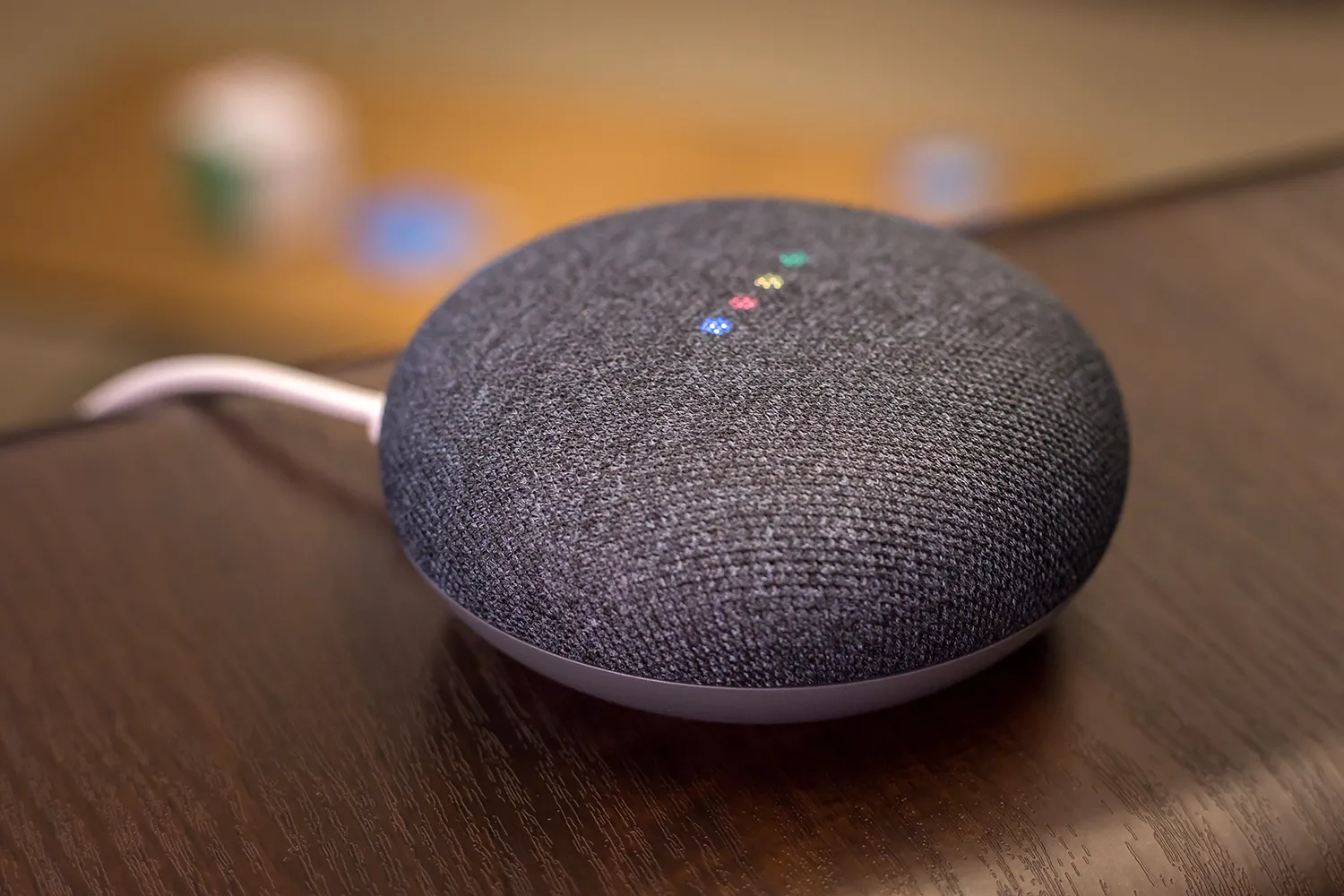For many, the friendly voice of Google Assistant has become an indispensable part of daily life. From setting timers while cooking to controlling smart home devices with a simple voice command, these digital helpers have woven themselves into the fabric of our routines. But a looming question is starting to cause ripples of concern among smart speaker users: what happens when Google shifts its focus entirely to its new AI model, Gemini? Will your trusty Google Assistant-powered speaker become a high-tech paperweight?
The tech world is abuzz with Google’s aggressive push towards Gemini. This advanced AI model promises a leap in capabilities, offering more natural conversations, deeper understanding, and the ability to handle complex tasks. Google has already begun integrating Gemini into various products and services, signaling a clear direction for the future of its AI ambitions. This naturally leads to speculation about the fate of the older, albeit still widely used, Google Assistant.
Millions of homes rely on smart speakers from Google’s own Nest line and a multitude of third-party manufacturers that have integrated Google Assistant. These devices, purchased with the expectation of long-term functionality, could face an uncertain future if Google decides to sunset the Assistant in favor of Gemini. The prospect of losing core functionalities or seeing their devices become outdated is understandably causing anxiety among users.
Consider Sarah, a busy working mother who relies on her Nest Hub to manage her family’s schedule, set reminders for appointments, and even control the lighting in her home. “I invested in a smart home ecosystem built around Google Assistant,” she explains. “The thought that these devices might stop working or lose their key features is really frustrating. It feels like planned obsolescence.” Sarah’s sentiment echoes the concerns of many who have embraced smart home technology.
The potential phasing out of Google Assistant raises several critical questions. Will existing smart speakers receive updates to support Gemini? Or will the hardware limitations of older devices prevent such a transition? If the latter is true, millions of devices could become functionally obsolete, contributing to electronic waste and frustrating consumers who feel their investment was short-lived.
Google has not explicitly announced a definitive timeline for phasing out Google Assistant. However, the company’s strong emphasis on Gemini suggests that the older platform’s days might be numbered in the long run. This lack of clarity leaves users in a state of limbo, unsure whether to continue investing in the Google Assistant ecosystem or explore alternative smart home platforms.
The transition from one AI platform to another is not a simple flip of a switch. It involves significant engineering efforts, compatibility considerations, and a delicate balancing act to avoid alienating existing users. Google faces the challenge of migrating users to Gemini while ensuring a smooth and relatively painless experience.
One potential scenario involves a gradual migration, where newer smart speakers are launched with Gemini, while older devices continue to support Google Assistant for a certain period. This would give users time to upgrade at their own pace. However, even in this scenario, the eventual discontinuation of support for older devices is a significant concern.
Another possibility is that Google will attempt to update existing smart speakers to run on Gemini. This would be the most user-friendly approach, preserving the value of their current hardware. However, the technical feasibility of this depends on the processing power and memory capabilities of the older devices. Some older models might simply lack the necessary resources to run the more advanced Gemini AI.
The impact of this potential shift extends beyond just Google’s own devices. Numerous third-party manufacturers have built their smart speakers and other smart home products around the Google Assistant platform. These companies and their customers also face uncertainty about the future compatibility and functionality of their devices.
For instance, John owns a smart thermostat and several smart lights that seamlessly integrate with his Google Nest Mini. “The convenience of controlling everything with my voice is fantastic,” he says. “But if Google Assistant disappears, will these devices still work? Will I have to replace everything?” This highlights the interconnectedness of the smart home ecosystem and the potential ripple effect of Google’s AI strategy.
Adding to the worry is the lack of clear communication from Google regarding its long-term plans for Google Assistant on existing hardware. While the company has showcased the capabilities of Gemini, it has remained relatively silent on the implications for current smart speaker users. This silence fuels speculation and anxiety among consumers who deserve transparency about the future of the products they have purchased.
The situation also raises questions about the value proposition of smart speakers in general. If these devices have a limited lifespan due to software updates and platform shifts, consumers might become hesitant to invest in them in the future. The promise of a seamless and long-lasting smart home experience relies on the continued support and evolution of the underlying software.
What can users do in the face of this uncertainty? One option is to wait and see how Google’s plans unfold. However, this can be a source of anxiety and might leave users scrambling for alternatives if support for Google Assistant is suddenly discontinued.
Another approach is to consider diversifying their smart home ecosystem. Instead of relying solely on Google Assistant-powered devices, users could explore products that support multiple voice assistants or other control methods. This would provide a degree of redundancy and flexibility in case one platform is phased out.
Ultimately, the responsibility lies with Google to communicate its plans clearly and transparently to its users. Providing a roadmap for the transition from Google Assistant to Gemini, including details about device compatibility and support timelines, would go a long way in alleviating user concerns.
The shift towards more advanced AI like Gemini is undoubtedly exciting and promises a future of even more intelligent and helpful smart devices. However, this progress should not come at the expense of leaving existing users and their investments behind. Google has an opportunity to manage this transition thoughtfully, ensuring that its loyal customers feel valued and supported. The future of our smart speakers, and indeed our smart homes, hangs in the balance.



















